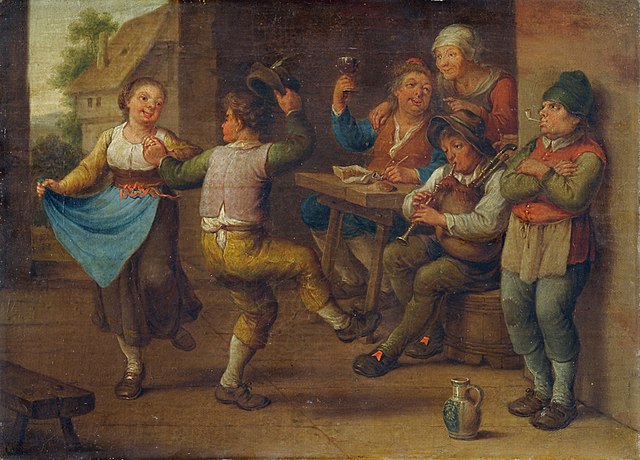
Avoiding spelling mistakes.
Peasants
History books often mention peasants, a word used to describe agricultural laborers or farm workers. In Thai English, the word is sometimes spelled wrong as peasents. The word peasant originally derives from a French term meaning someone from the countryside. Unfortunately in recent years, the word peasant is also used to mean someone poor and uneducated. Today in many countries, calling someone a peasant is considered an insult, so if possible when discussing the contemporary world, it is better to use the terms farm workers or agricultural laborers. If you are dealing with a book about the Middle Ages in Europe, then naturally the term peasants was widely used in the past and will not be considered insulting in that context.
Even though it may sound like peasent when it is pronounced, in fact the correct spelling is peasant. That puts peasant among words that end with the letters ant. One way to remember this would be to tell yourself a little story, such as that peasants must see lots of ants when they are in the fields. That may remind you of the last three letters of the word. Words ending in ant can refer to a person who does a specific thing or a thing that acts in a certain way. Familiar words in English ending in the letters ant include:
accelerant
accountant
anti-depressant
discussant
participant
propellant
Protestant
Keeping in mind a group of such words is one way to better remember how to spell them.
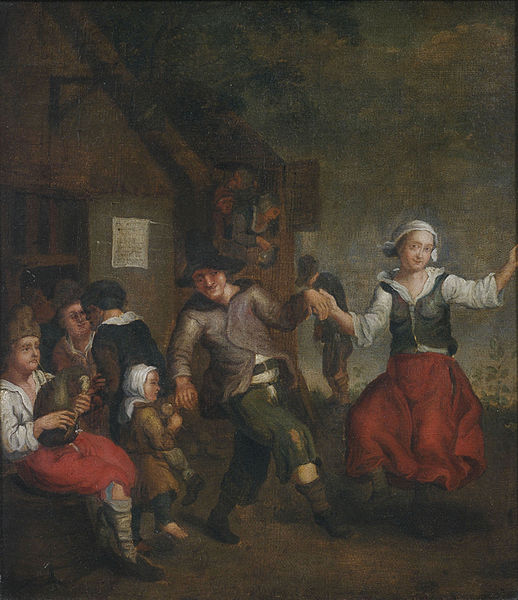
Recipes
Anyone who enjoys food will want to be sure to spell the word recipe correctly, yet in Thai English, it is sometimes mistakenly written as recipies. While the word recipe may indeed sound like recipie when it is pronounced, this does not change the fact that the correct spelling is recipe. The original meaning of the word is a formula to prepare something, whether a medicine or anything made from a combination of different things. The word recipe has also gained a more general meaning of any plan for arriving at certain results.
A Thai Woman Finds the Recipe for Success in Japan.
Thai Food Recipes by Thai cooks from Chiang Mai.
Old Thai Recipes, Savouring Nineteen-Century Thai Cuisine.
Not Studying is a Recipe for Academic Failure.
One Ingredient Still Missing in Recipe for Peace.
World Bank Offers Recipe for Prosperity.

Trilogy
As we know, a trilogy is a group of three works of art that are related to one another. In Thai English this word is sometimes spelled wrong as triology. This error may happen because the word trio is an English word, but the letters trio do not belong at the beginning of the word trilogy. The Thammasat University Libraries own many examples of literary trilogies and film trilogies. Trilogies in book form include:
The Lord of the Rings by J. R. R. Tolkien;
The Forsyte Saga by John Galsworthy;
The Oedipus Cycle by Sophocles;
Kristin Lavransdatter by Sigrid Undset;
The Divine Comedy by Dante Alighieri;
The Cairo Trilogy by Naguib Mahfouz.
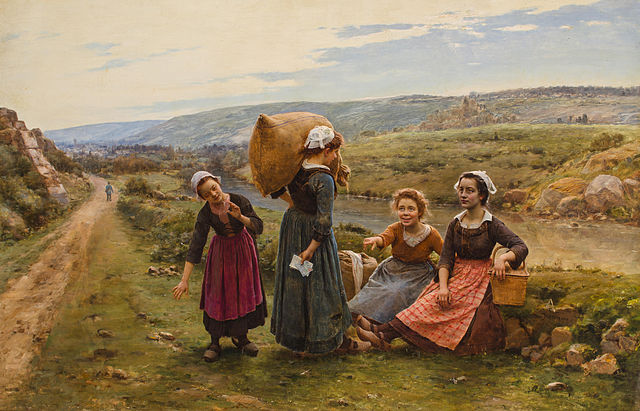
Among famous film trilogies, some of which are in the TU Libraries collection:
The Lord of the Rings
Star Wars
The Dark Knight
Back to the Future
Terminator
Toy Story
Alien
The Bourne Trilogy
It is easy to see that the word trilogy has something to do with the word three. In the Ancient Greek language, two words meaning three and story were combined to make a word sounding something like trilogy. That means a trilogy must tell three stories. Here pronunciation is our friend in figuring out how to spell a word, since no one says triology; the word is always spelled as it sounds, trilogy. Sometimes larger groups of works are also referred to by their numbers and the stories they tell, so you may see such more complicated words as tetralogy – a group of four works – or hexalogy, a seto of six related works. These words are more rarely used than trilogy.
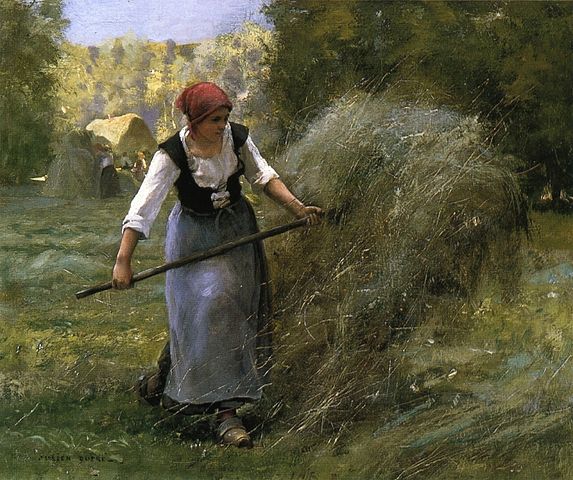
Sentimental
The word sentimental is sometimes spelled wrong in Thai English as sentimentall. The word sentimental is important in literature because it refers to feelings of tenderness, nostalgia, or affection. It originally derives from a French word meaning having to do with emotions, or dealing with love.
The popular Thai performer Kittikhun Chiansong pleases audiences with sentimental songs.
You may avoiding adding the extra and unwanted letter l to the end of the word sentimental by remembering that it belongs to a group of words ending with the letters imental. These include:
experimental
detrimental
regimental
unsentimental.
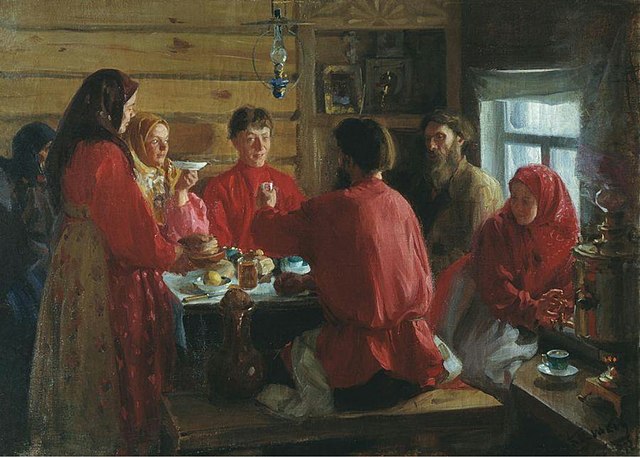
(all images courtesy of Wikimedia Commons)
